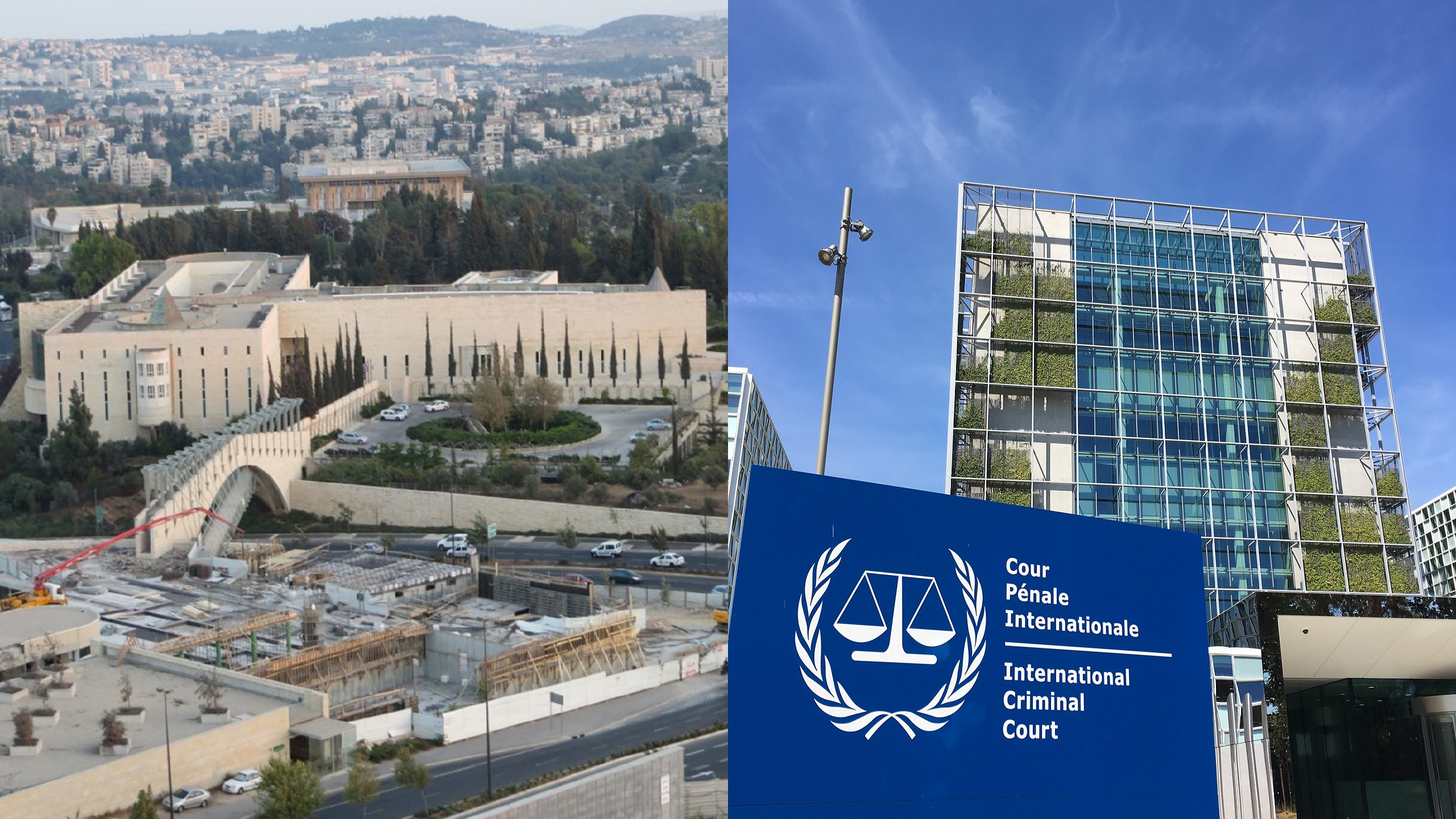Will Israelis Be Subject to Legal Action at The Hague?
Ma’ariv, Israel, August 10
One of the claims voiced by reservists opposing the current judicial overhaul is that they could potentially be subject to legal action at the International Criminal Court in The Hague for crimes that they may have committed during their military service. They might be right. The State of Israel has employed the “principle of complementarity,” which states that the International Criminal Court should only intervene in cases where countries are either unable or unwilling, to investigate accusations of war crimes themselves—a situation that is not relevant to Israel’s current judicial system. Fortunately, Israel has highly respected courts. These courts thoroughly and rigorously examine allegations of improper behavior in the West Bank, by both military personnel and civilians, indicating that there is no need for intervention from the International Court of Justice in The Hague. The principle of complementarity obliges the state to act to “fulfill justice” with anyone suspected of a war crime. This refers to the circumstance where they are being prosecuted or investigated by the state for crimes that apply to the Rome Statute. Therefore, the principle of complementarity acts as a shield against criminal proceedings before the Hague Court. According to the principle of complementarity, the international community has largely refrained from exercising its jurisdiction over the Israeli court system, which has earned praise around the world. Now, however, opponents of the current government are concerned that if the court’s authority is significantly weakened, the result could be direct legal action by the International Criminal Court against Israeli soldiers and Israeli citizens. In a recent interview with foreign networks, conducted in English, Prime Minister Netanyahu was pressed for an unambiguous answer regarding his stance should the Israeli Supreme Court rule to cancel the reasonableness law. To date, however, he has avoided giving a direct response. Nowhere in Israel’s code book does it state that the Supreme Court cannot review the legality of basic laws. In fact, all laws—even those known as basic laws—are subject to scrutiny by the court. This ensures that the Knesset does not abuse its authority to shape the nation’s constitutional values. The prime minister and his government boast that, thus far, the High Court of Justice has not invalidated any basic laws. This is true; however, the court does not select which laws are examined but instead examines petitions submitted by the public. Consequently, no one has yet requested a discussion on the invalidation of a basic law. Unfortunately, what the prime minister and his cronies from Likud and other coalition parties are doing is threatening the court. To exemplify, Information Minister Galit Distel Atbaryan and Minister of Heritage Amichay Eliyahu dared to blatantly threaten the judiciary and referred to judges as “suited lawbreakers.” They rely on the idea that, since basic laws are components of a potential Israeli constitution, they are difficult to revise or invalidate; however, this is inaccurate. Firstly, because Israel does not yet possess a constitution. Secondly, because no supermajority is necessary to pass a basic law. In addition, any law can be labeled a basic law—a strategy that the current government often employs. A democratic society is affirmed when its citizens, including government officials, abide by the rule of law and court decisions. I hope and have faith that Prime Minister Benjamin Netanyahu, despite not providing clear answers in his televised interviews, will obey the Supreme Court. I trust that the High Court of Justice will be diligent to uphold the law and, if necessary, revise it. In an ideal situation, this limitation on the “reasonableness clause” used in court rulings will only take effect following the next election cycle, meaning that current decisions of the Netanyahu government will remain open to judicial review. —Yechiel Gutman (translated by Asaf Zilberfarb)


